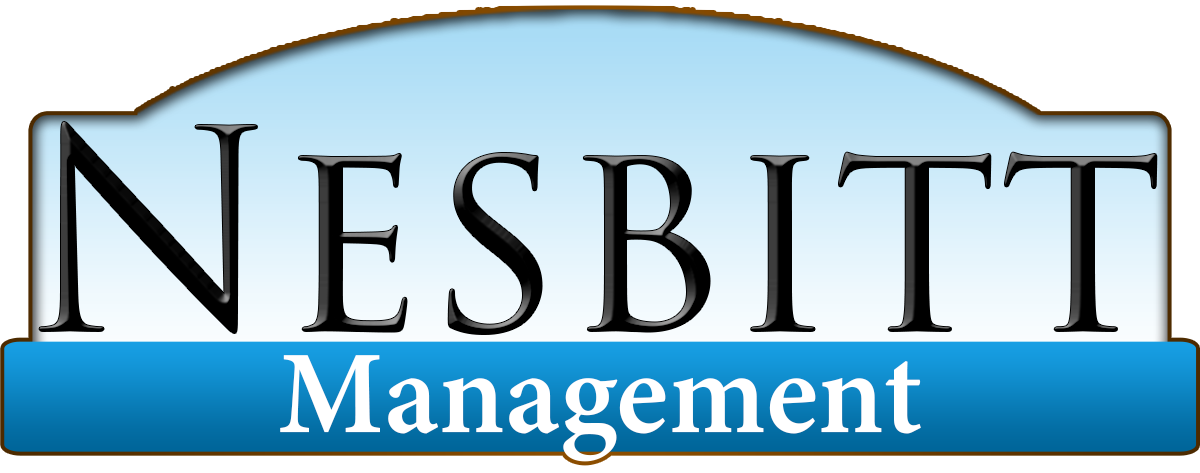Understanding Property Taxes
Property taxes are one of the most significant expenses for landlords. These taxes are typically based on the assessed value of the property and are used to fund local services such as schools, infrastructure, and public safety. Understanding how property taxes are calculated and knowing when and how they are due is essential for any landlord.Regularly Reviewing Property Tax Assessments
Property tax assessments are periodically conducted by local government authorities to determine the taxable value of a property. These assessments directly influence the amount of property tax owed. As a landlord, it’s important to review these assessments regularly to ensure that your property is being taxed fairly. In some cases, properties may be over-assessed, leading to higher taxes. If you believe that your property has been over-assessed, you have the right to appeal the assessment. This process typically involves providing evidence that your property’s value has been incorrectly calculated. Nesbitt Realty can assist landlords in navigating the appeals process by providing guidance and resources.Budgeting for Property Taxes
Effective budgeting is key to managing property taxes. Since property taxes are a recurring expense, it’s crucial to plan for them in your annual budget. Set aside funds each month to cover the expected tax bill, so you’re not caught off guard when the payment is due. Additionally, keep in mind that property taxes can fluctuate based on changes in the property’s assessed value or local tax rates. Regularly updating your budget to reflect these changes will help you stay on top of your financial obligations.Incorporating Taxes into Rental Pricing
One strategy for managing property taxes is to incorporate them into your rental pricing. By factoring property taxes into the rent you charge tenants, you can ensure that your rental income covers these costs. This approach allows you to maintain profitability while also ensuring that your tax obligations are met. However, it’s important to strike a balance when incorporating property taxes into your rental pricing. Charging too much could make your property less competitive in the rental market, while charging too little could leave you struggling to cover your expenses.Exploring Tax Deductions and Credits
Landlords can benefit from various tax deductions and credits that can offset the cost of property taxes. For instance, expenses related to property maintenance, management fees, and mortgage interest may be deductible. Additionally, some localities offer tax credits or incentives for property improvements, energy efficiency upgrades, or providing affordable housing. Consulting with a tax professional is advisable to ensure that you’re taking full advantage of available deductions and credits. Nesbitt Realty can connect landlords with experienced tax professionals who specialize in rental property management.Staying Informed on Local Tax Policies
Property tax rates and assessment practices can vary significantly from one locality to another. Staying informed about local tax policies and any changes that may affect your property is crucial for effective tax management. Local governments may periodically adjust tax rates or implement new assessments, such as special levies for infrastructure improvements. By staying informed, landlords can anticipate these changes and adjust their financial planning accordingly.Managing Special Assessments
In addition to regular property taxes, landlords may also be subject to special assessments. These are additional charges levied by local governments or homeowner associations (HOAs) for specific projects, such as road repairs or community improvements. Special assessments can be significant and may come as a surprise if not anticipated. It’s important to monitor any upcoming projects or improvements in your area that could result in special assessments. Planning ahead for these expenses will help you avoid financial strain.Case Study: Proactive Tax Management
Consider a landlord who owns a multi-unit rental property. The property is located in an area where local tax rates have been gradually increasing. By regularly reviewing property tax assessments and appealing an over-assessment, the landlord successfully reduced their tax burden by a significant margin. Additionally, by budgeting for taxes throughout the year and incorporating them into the rent, the landlord ensured that their rental income remained sufficient to cover all expenses. This proactive approach to tax management helped the landlord maintain profitability and avoid unexpected financial challenges.Conclusion
Managing property taxes and assessments is a critical aspect of successful rental property ownership. By understanding the assessment process, budgeting effectively, exploring tax deductions, and staying informed on local tax policies, landlords can navigate their tax obligations with confidence.At Nesbitt Realty, we’re committed to helping landlords manage all aspects of their rental properties, including property taxes and assessments. By adopting a proactive and informed approach, landlords can minimize their tax burden and maximize their property’s profitability.
